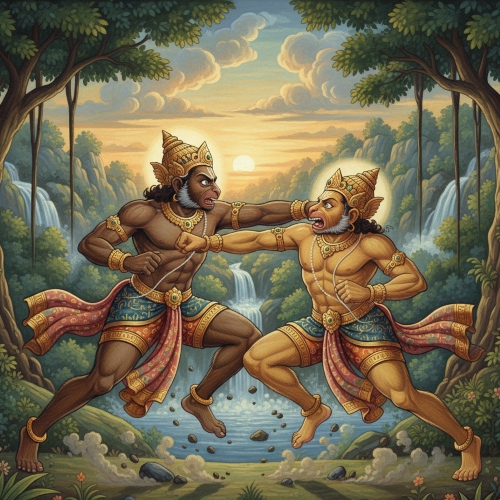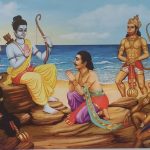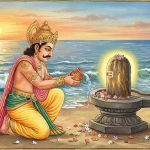
Vali, the mighty king of the Vanaras (monkey-like beings) in the Ramayana, is not your typical hero. He’s a figure shrouded in contradictions, a warrior of immense power wrestling with flawed choices. Let’s delve into his story beyond the simple label of antagonist.
Blessed by Lord Brahma, Vali possessed near-invincibility. Any opponent who dared to duel him would lose half their strength, making him nearly unstoppable. This prowess led him to overthrow his brother Sugriva, who believed Vali had perished in battle. With Sugriva exiled, Vali reigned over Kishkindha, marrying the beautiful Tara and fathering Angada.
Power and Misunderstandings: A King Tested
However, Vali’s strength wasn’t matched by infallible judgment. Misunderstandings and misplaced trust led him to reject Sugriva’s pleas for the throne’s return, even when presented with evidence. This ignited a conflict that brought Lord Ram into the picture.
While Ram initially hesitated to interfere, Sugriva’s plight and the promise of an alliance to find his abducted wife, Maa Sita, swayed him. Lord Ram, disguised as Sugriva, challenged Vali to a duel. The ensuing battle, though unfair, highlighted Vali’s valor and loyalty to his kingdom. Despite immense strength, he fell, leaving behind a legacy of mixed emotions.
Vali’s death sparked debate and introspection. While it paved the way for Ram to help Sugriva, the question of morality lingered. Was Ram justified in using deception? Could Vali have been redeemed? These questions continue to spark discussions, showcasing the epic’s depth and complexity.
A Character of Nuance
Vali, in his imperfections and strengths, reflects the human condition. He reminds us that even the most powerful individuals can be flawed and that judging them solely on actions is an incomplete picture. He remains a fascinating character, urging us to look beyond black-and-white narratives and embrace the multifaceted nature of life.
Feature Image Credit: AI-generated image created with Google Gemini, September 30, 2025




